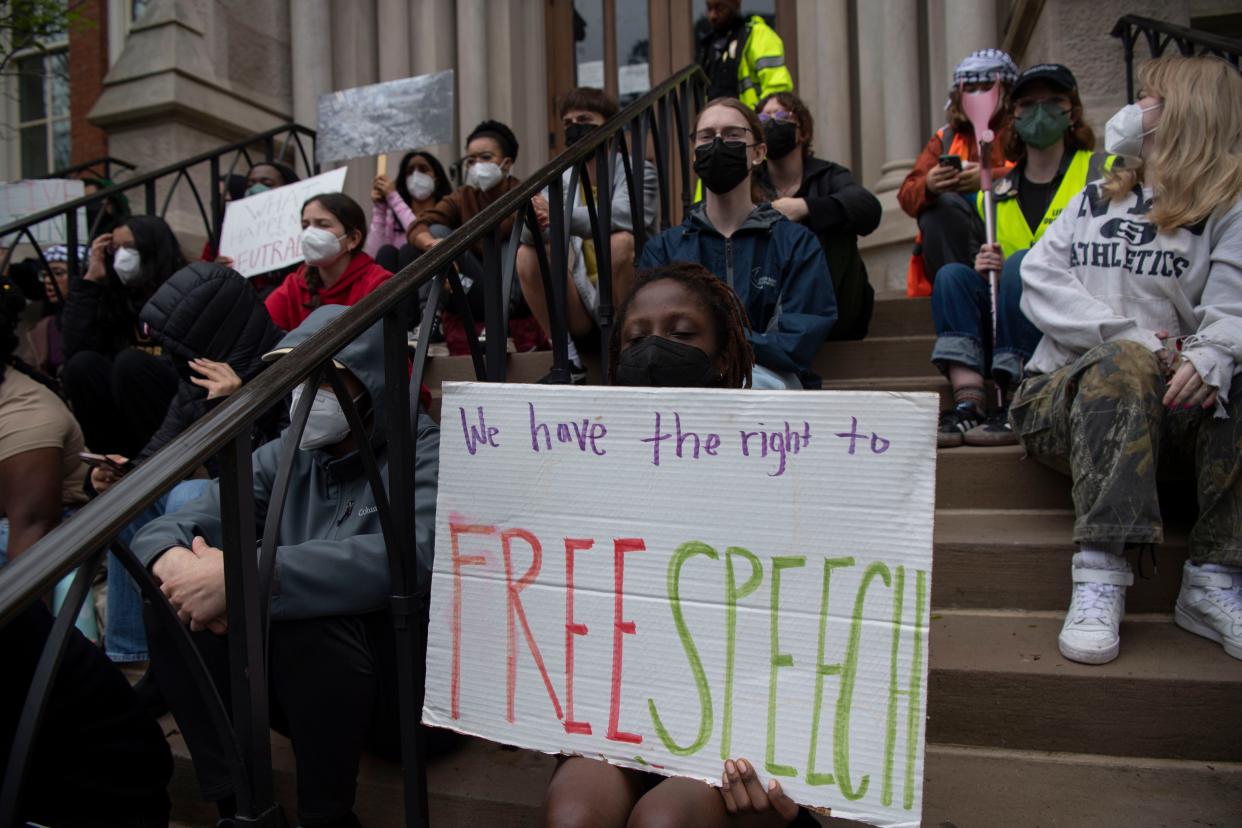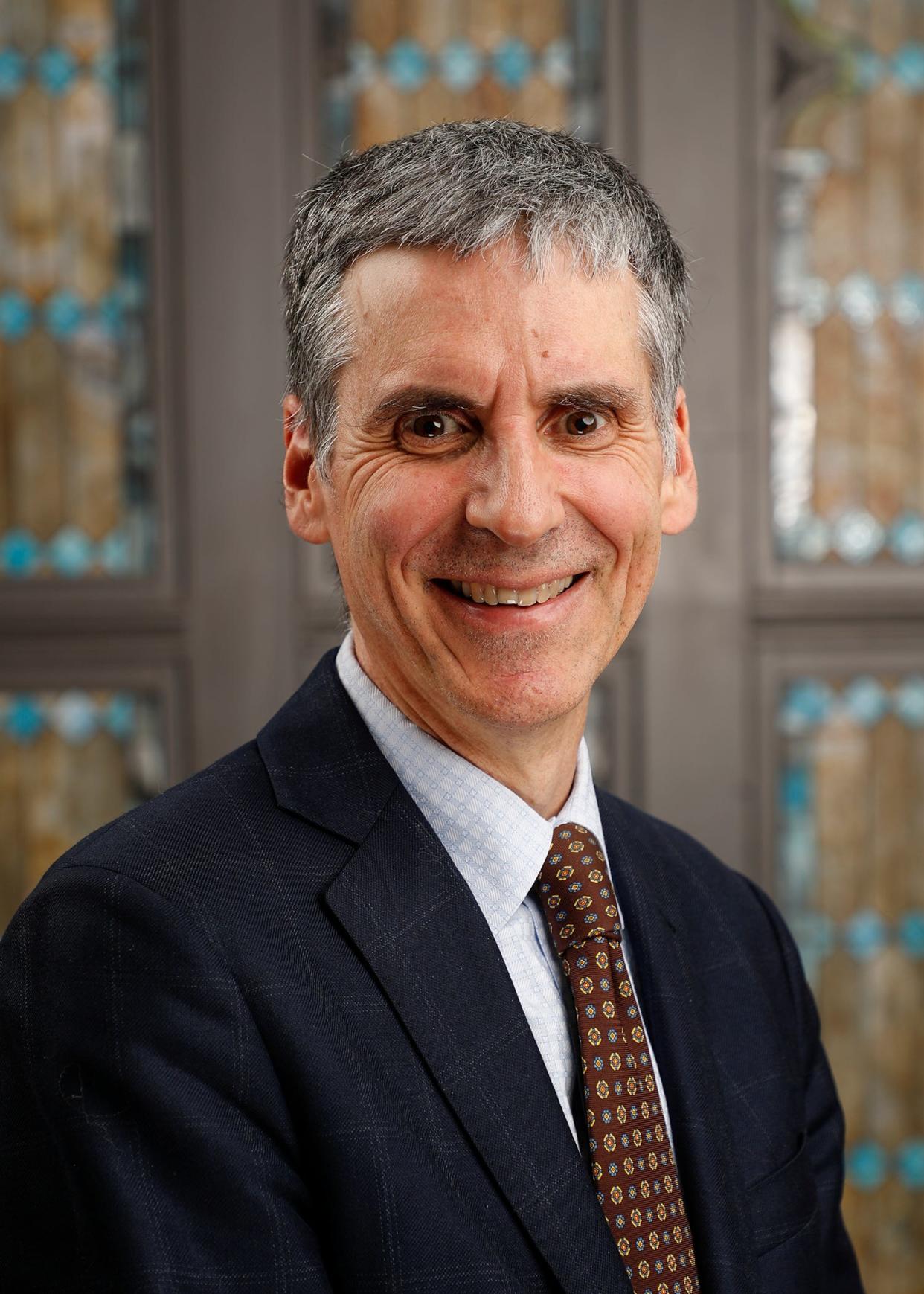Will recent protest let Vanderbilt silent majority of students finally feel enfranchised?
Recent events at Vanderbilt University in Tennessee, where I teach, have come to national attention. Students engaged in protest regarding the issue of divestment from companies doing business with the state of Israel, forcibly entered a building, and caused harm to people and property.
Some of them have now been expelled, or suspended, or put on probation. I would like to speak to the context and form of the protest and of the response.
I went to college between 1980 and 1984 in Massachusetts. The country was similarly polarized, there was a conservative political turn. Students had been protesting the College’s investments in South Africa, and some of my friends organized the divestment movement.
Another view: As a Vanderbilt alum, I am angry, but not surprised, about the recent student expulsions
As a Puerto Rican student, I felt disenfranchised from the start
I had arrived there from Puerto Rico. And I came to the mainland with a sense of futility exacerbated by the political environment. As a Puerto Rican who aspired to political independence, and aware of the checkered history of Republican and Democratic administrations on the Island, I was not convinced that there was a difference between the political parties in the mainland.

I felt that there weren’t any substantive political options for Puerto Ricans, no matter the political party. I felt disenfranchised.
There were marches, protests, and sit-ins. There were off-campus classes on political organization and on how to engage in acts of civil disobedience. I observed from the sidelines, silently. Not because I didn’t sympathize, but because I felt that there simply wasn’t any use to all the sound and fury around me.
And yet, after four years of witnessing the protests and the administration engaging in dialogue, sitting down, talking across a table, sometimes tensely but always trying to express to each other their perspectives, in a compelling way, in a clear way, I started to feel differently.
Another guest essay by Benigno Trigo: I am a Latino yet not an immigrant, but my family story helped me understand their journey
Here's how my attitude changed on civil dialogue
I took classes where I sat with students and professors, sharing ideas, listening. The protesters and the administration engaged in democratic dialogues.
Their living examples gradually and slowly made me feel enfranchised, like there was room for my voice, for the voice of other students like me, who might have felt unheard and unseen. The opportunity to speak, the choice to listen, offered me the time and the space to develop my own voice and ideas, and more importantly, to develop the confidence to express them no matter the political environment.
Today, I wonder how the silent majority of students will respond to the controversy.
Will they grow to feel enfranchised, like I did, with their trust re-established in political dialogue, at a time of similar political polarization? Will this be an opportunity to develop their voice?

It seems that we should all veer away from the easy path of extreme action, and instead, take the more difficult but hopeful road of democratic dialogue, for the sake of the larger community.
Benigno Trigo is the Gertrude Conaway Vanderbilt Chair in the Humanities, Spanish and Portuguese College of Arts and Science at Vanderbilt University.
This article originally appeared on Nashville Tennessean: Vanderbilt protest and expulsions may awaken student silent majority
